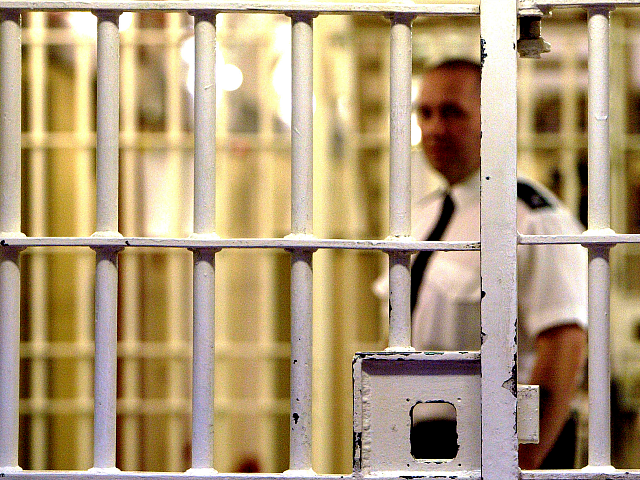Britain’s prison system is facilitating the spread of extremist ideologies by taking a soft approach to convicted terrorists, the government’s independent terrorism watchdog has found.
Jonathan Hall, QC, the government’s independent reviewer of terrorism legislation, said that prisons are not adequately punishing convicted terrorists for attempting to incite violence by radicalising other inmates.
Mr Hall, who announced an independent inquiry on Monday, also said that prison administrators have handed out weak punishment for possessing extremist propaganda. He went on to claim that there is evidence that terrorist ideologies were being spread throughout British prisons.
In a recent report, Hall revealed that prisons have merely dealt out disciplinary measures against terrorist offenders found to be in possession of weapons or attempting to radicalise other inmates, rather than prosecuting them under the Terrorism Act, according to The Times.
“There has been a steady drumbeat over recent years of terrorist attacks against prison officers, and an increasing number of individuals who may well have formed their terrorist intent in prison under the influence of high-status terrorist prisoners,” he told the newspaper.
“If terrorism exists [in prison] then it ought to be dealt with. We need scrutiny of how prisons operate to either contain or worse encourage, terrorism,” Mr Hall said.
Hall said that upon entering the prison system, terrorists “automatically achieve a sort of status” and that unlike paedophile inmates, rarely are at risk of violence from other inmates.
“I find it astonishing that someone should go to prison for plotting a terrorist atrocity and the concern is not that they themselves are at risk of attack, like a paedophile is often at risk of attack because prisoners generally say what they’ve done is terrible,” he said.
The inquiry, which will report its findings to the government, is set to review how prisons attempt to detect terroristic activity and what remedies should be undertaken to halt the spread of extremism in jails.
In October, two radical Islamic inmates were found guilty of attempted murder against a prison guard, who they tried to stab to death. One of the inmates, Brusthom Ziamani, 25, was already serving a 22-year-sentence for plotting to behead a soldier.
Earlier this month, Islamist terrorist Khairi Saadallah received a rare whole life sentence for killing three men with a knife and injuring three others during an attack in Reading last summer.
During his trial, it was revealed that the 26-year-old Libyan national was further radicalised by a “prominent radical preacher” Omar Brooks — a member of infamous Islamist preacher Anjem Choudary‘s banned al-Muhajiroun organisation — while he was serving time in prison for a non-terror-related crime.
Former prisoners have also committed terrorist attacks in Streatham and on London Bridge.
A previous independent review carried out by Professor Ian Acheson in 2016, found that Islamic extremism was a “growing problem” in British prisons. Despite this, there was “widespread reluctance” from prison administrators to enact reforms and crackdown on the extremist behaviour “because of the fear of being labelled racist“, government sources claimed at the time.
A research fellow at the Henry Jackson Society, Eilish O’Gara, who previously served in the prison system as a counterterrorism analyst, said that the most hardened terrorists know they are “untouchable”.
“They know how to keep their hands clean and they are very smart. They know how to run rings around the prison system,” Ms O’Gara said.
“You get charismatic, influential and radical people among the most vulnerable, hopeless people. It is the perfect fertile environment.”
A Ministry of Justice spokesman said that the government has trained 29,000 prison staff to detect extremism and has upped the number of counter-terrorism employees.
“Our tough measures to stop extremists spreading their poisonous ideologies in prison have been stepped up. We ended the automatic early release of terrorists and our new legislation means they will also face tougher sentences and monitoring on release,” the spokesman said.
Follow Kurt Zindulka on Twitter here @KurtZindulka

COMMENTS
Please let us know if you're having issues with commenting.